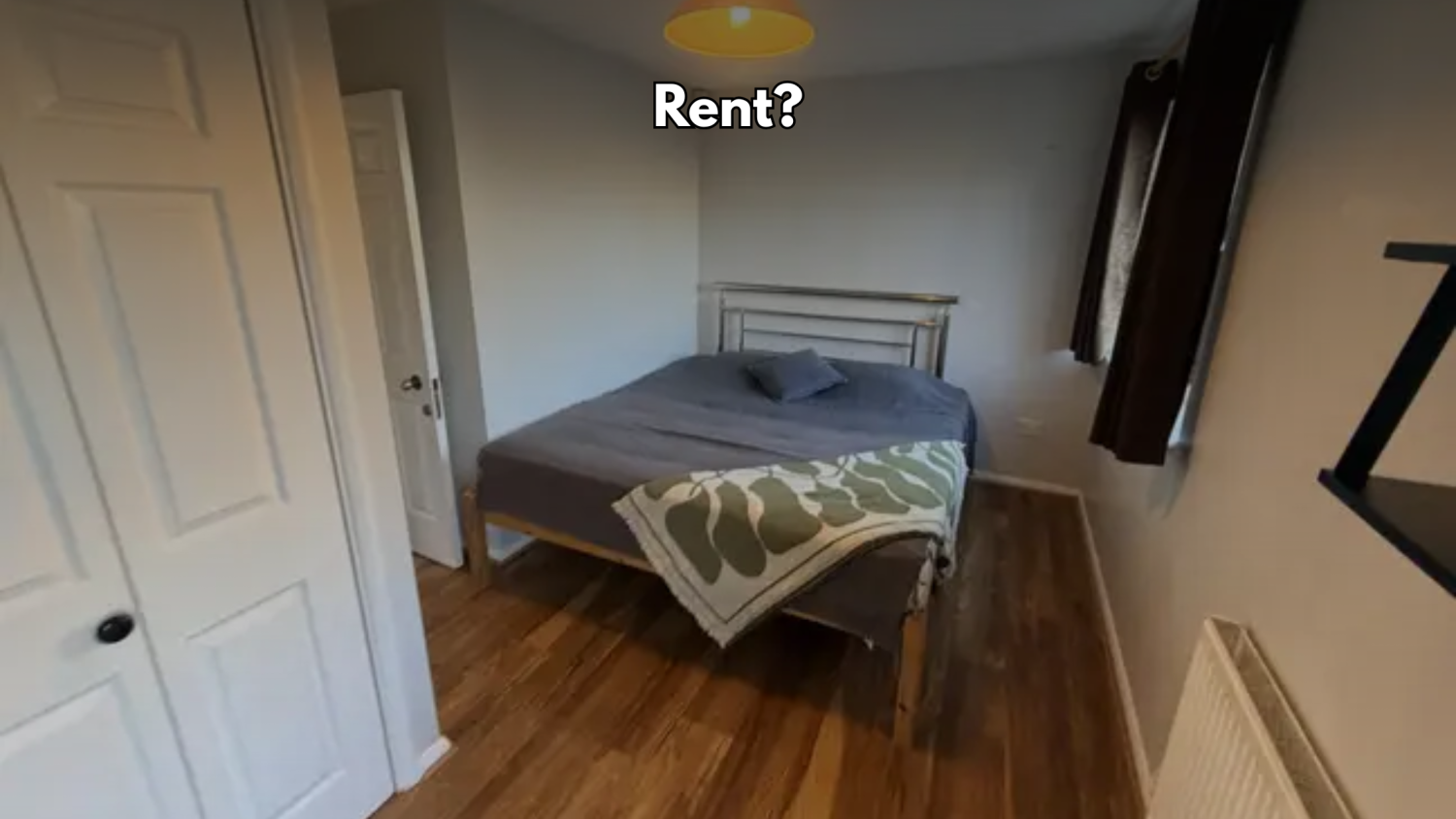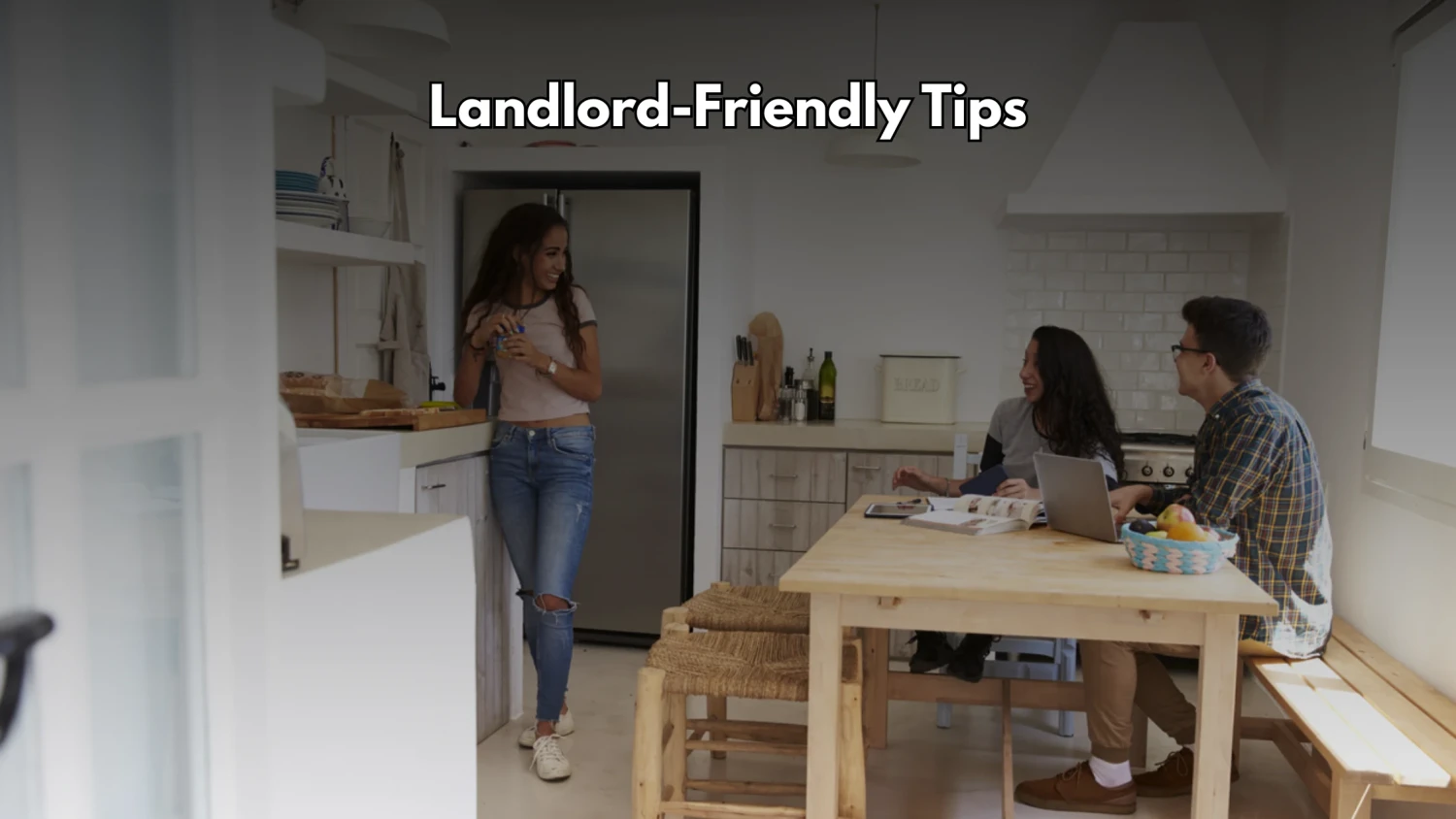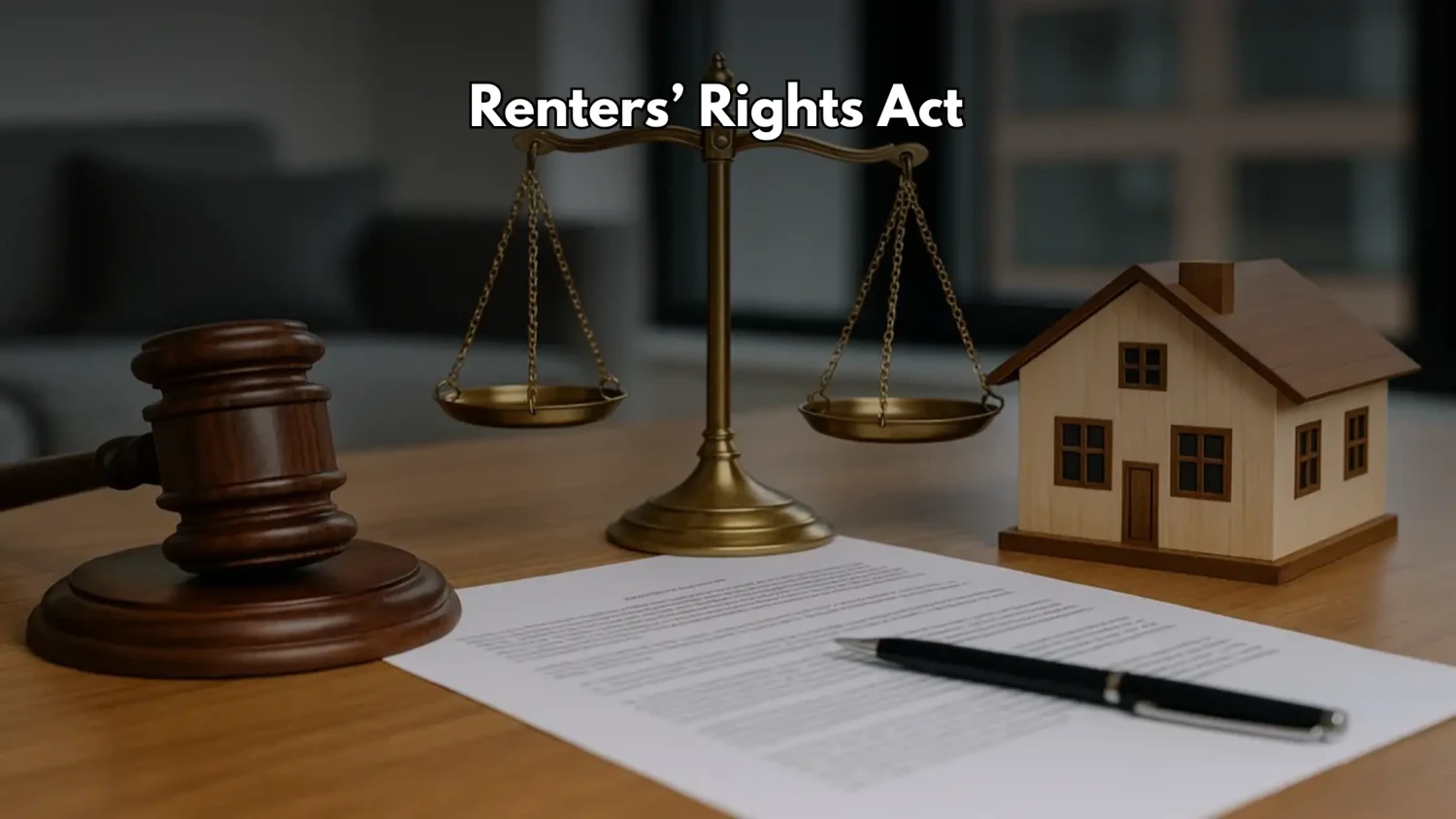
Renting your first home, or even moving into a new flat in the UK, can be an exciting yet stressful feeling: new beginnings, new neighbourhoods and lots and lots of paperwork.
One of the first things your landlord or letting agent will ask for is a tenancy deposit. It’s standard practice, but many tenants still wonder: How much can they legally charge me?
Let's break this down simply, so you know exactly what's fair and what's not, and how to protect your money.
What is a Tenancy Deposit?
A tenancy deposit also known as security deposit is money that you pay to your landlord at the beginning of your tenancy.
It is a kind of financial security for the landlord in case something goes wrong, such as:
- You don't pay your rent
- You destroy the property
- You leave the house in poor condition when you move out.
But, it's still your money, and provided you keep to your tenancy agreement, you'll get it back when you move out.
What Does the Law Say?
The landlord cannot just decide how much deposit is taken in the UK. There’s a legal limit, and it’s set under the Tenant Fees Act 2019.
This act was introduced to make renting fairer and to stop landlords or agents charging unfair fees and deposits.
According to the law
If your annual rent is less than £50,000, the maximum deposit your landlord can request is five weeks rent
If the annual rent for your tenancy is £50,000 or more, the limit increases slightly for about six weeks rent.
Anything above that is illegal!
Paying the deposit what next?
Once you pay the deposit, your landlord must legally protect it in an approved government Tenancy Deposit Scheme (TDS) within 30 days.
This applies to all assured shorthold tenancies, which most renters in the UK have.
The three approved schemes in UK are
- DPS (Deposit Protection Service)
- MyDeposits
- Tenancy Deposit Scheme (TDS)
Your landlord can either hold the deposit in one of these schemes or hand it over for safekeeping.
Final Thoughts
Your tenancy deposit may appear to be a simple payment, but it is actually a legally protected deposit agreement between you and your landlord. Most landlords are allowed to charge a maximum deposit of five weeks’ rent. They have to protect it in a government-approved scheme within 30 days. You have the right to get it back if you've taken care of the property. You can claim compensation if they break the rules. So, before you hand over your money, make sure you know your rights. Understand the rules, and you'll never be overcharged, moving into your new home with confidence.









